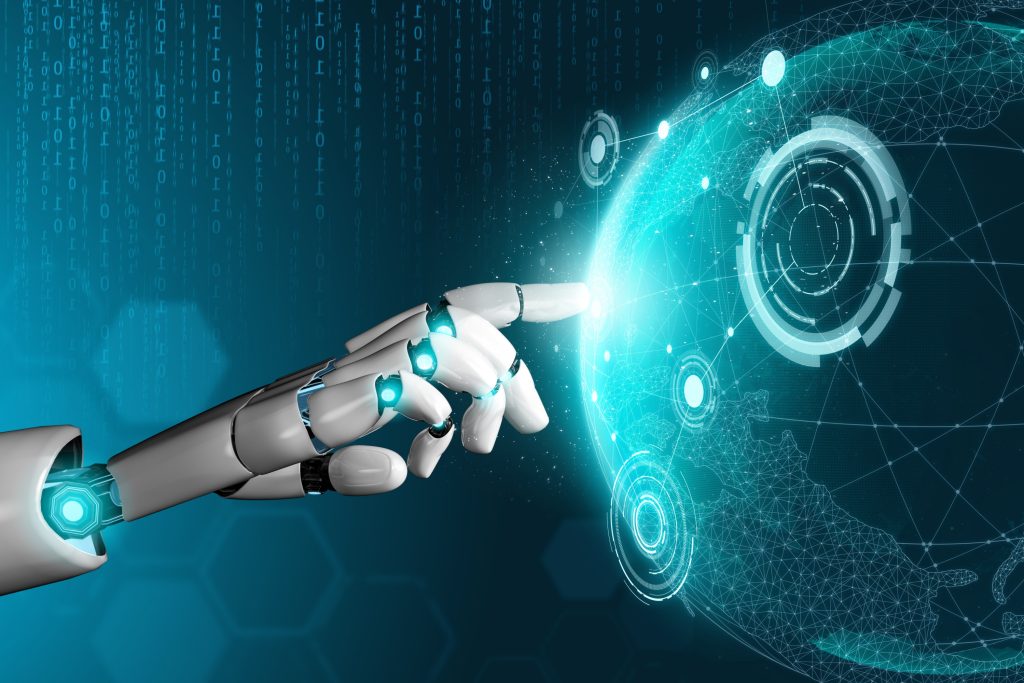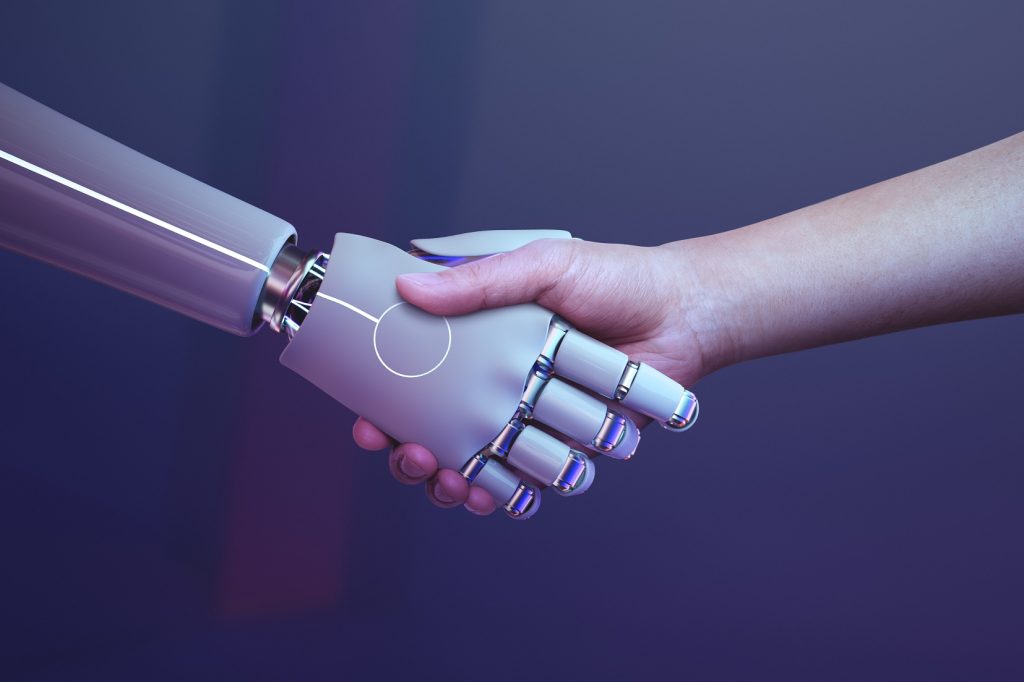Now everyone talks about Artificial intelligence since it will completely transform our future and with it, the way we relate, and above all the processes, therefore mediation will not be exempt from its influence.
This technology will change the way we work in this field and may significantly affect mediation processes in the future. Today we wanted to digress a little about this topic, getting closer to what we already know about how it is affecting other fields.

Virtual assistants
For example, it is very likely that we will begin to see virtual assistants: A well-trained machine with this technology can interact and communicate with people who need mediation. There are even those who say that it could do it in a more effective way, guiding them through the different phases and providing useful information for decision-making. .
Artificial Intelligence can also act in a field where it is practically unbeatable; data analysis. AI can analyze large amounts of data to identify patterns, trends and other relevant factors that may influence mediation. For example, it could help the parties to better understand the probability of success of certain solutions or provide detailed information about previous similar agreements.
One of the final phases, and key in the mediation processes, are the follow-ups of the agreements that, now, could be automated through AI. Thus we could find these more tedious processes such as scheduling appointments, handling documentation and other similar processes, resolved in an easy and quick way. As you can see, everything is not negative but on the contrary, it would allow mediators to focus on more strategic and higher-value tasks.

Online conflict resolution application
But be careful, perhaps the most striking thing could be expanding online dispute resolution: AI could also facilitate conflict resolution on-line through specific platforms that use AI-powered chatbots to help the parties reach agreements. This type of technology is already in use in some countries and is expected to spread globally in the coming years.
While AI could improve the mediation process, it is also important to note that it cannot completely replace the human experience and skills necessary for effective mediation. Social skills, empathy, creativity and the ability to understand cultural context are fundamental aspects that cannot yet be replicated by AI.
What mediation will the client of the future look for, an automated mediator 2.0, or on the contrary, one of flesh and blood who empathizes with him?
Don't retreat, the future is already here.
Become a mediation professional with the leading school on the market. Do not lose this chance.




